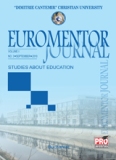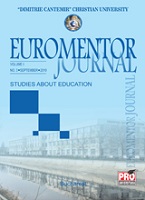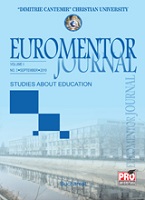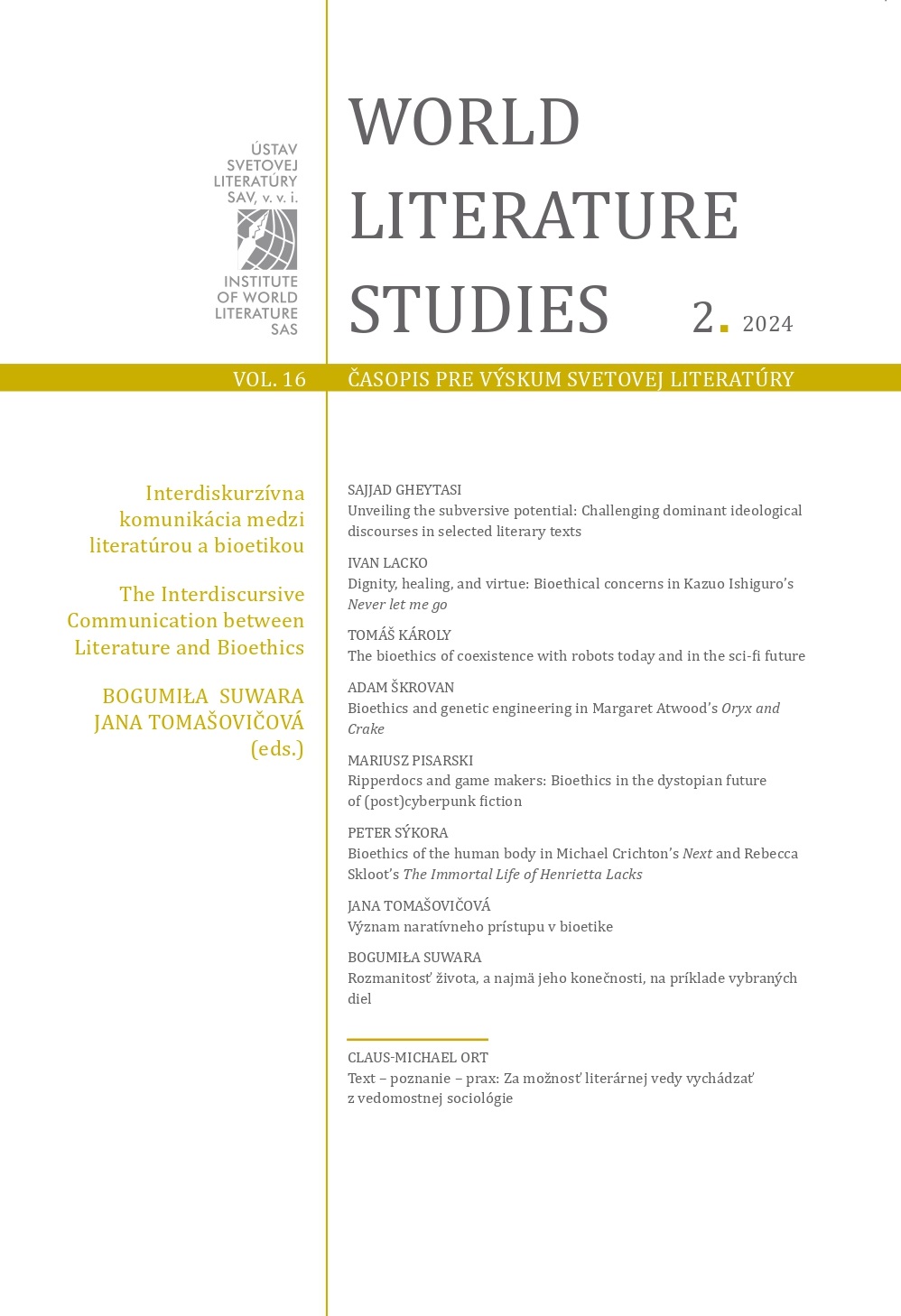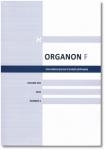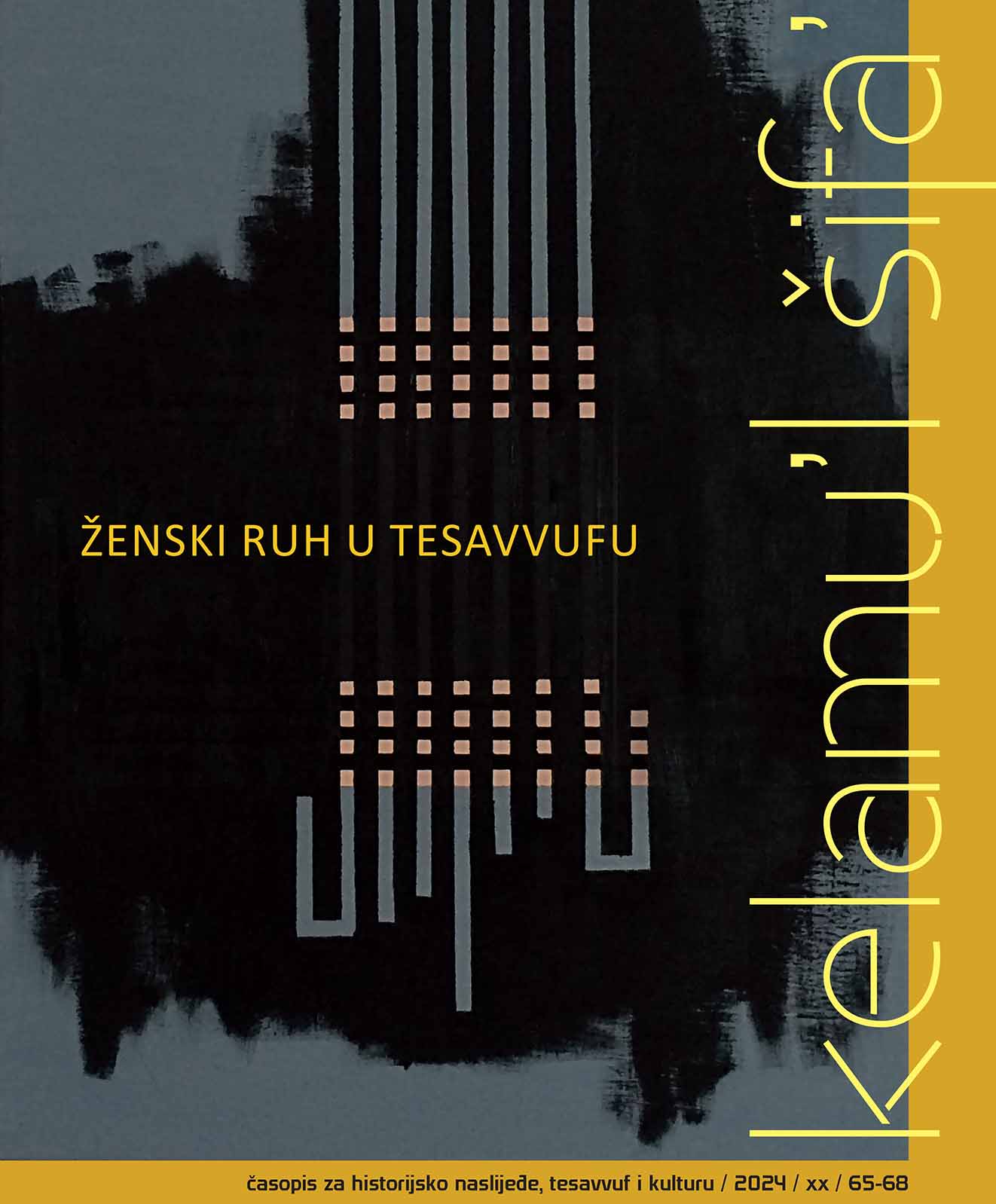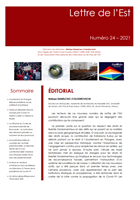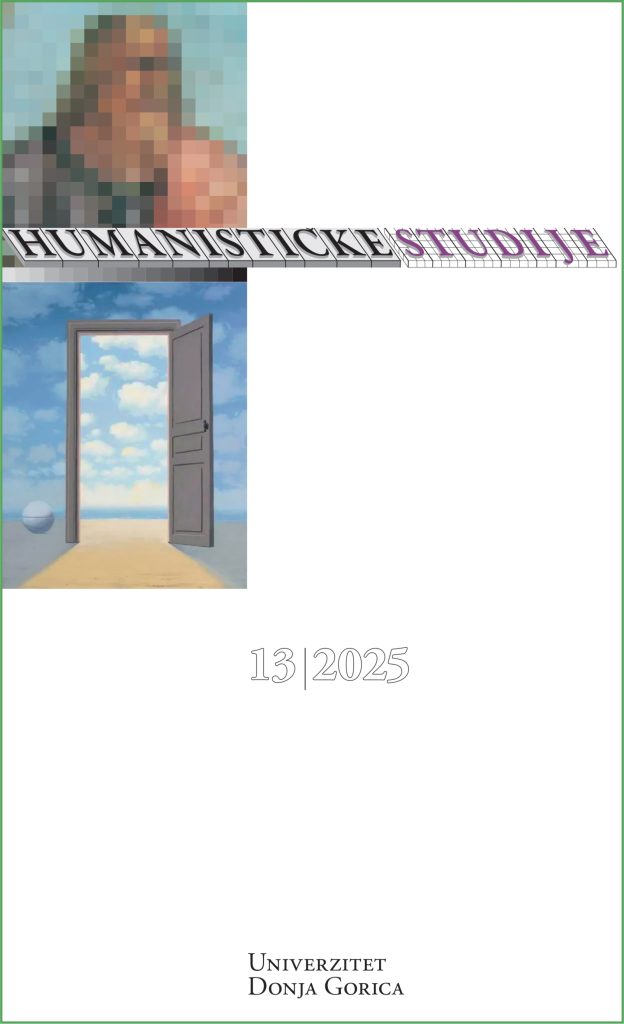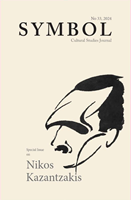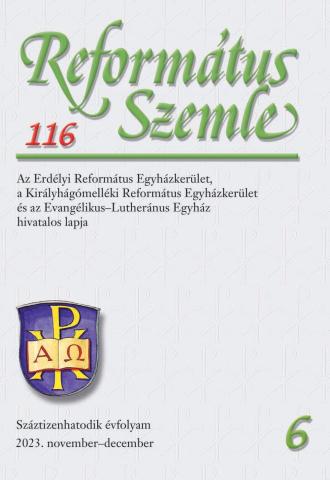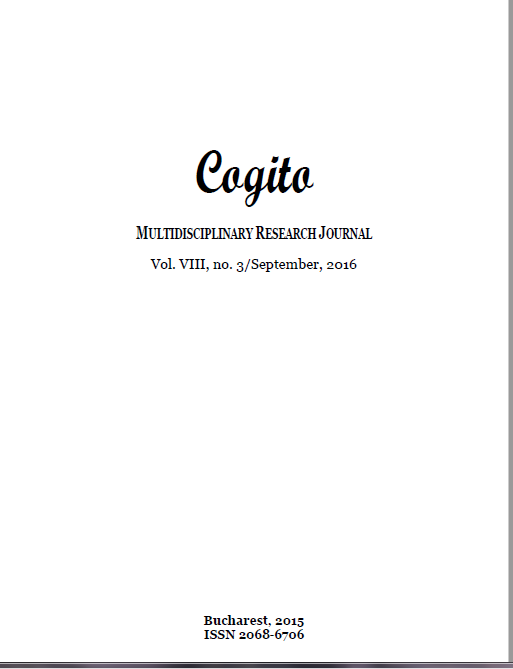
ETHIC AND DECISIONAL TRANSPARENCY IN THE ROMANIAN PUBLIC ADMNISTRATION
The following article underlines the importance in identifying and adopting a new ethic and decisional transparency in the current especially corrupt Romanian public administration, updating the ethical law and the formation of civil servants at the European ethical standards. The administrative reform cannot be done without issuing new professional and morality standards. Our research starts from a clear and realistic analysis of the corruption phenomenon in the Romanian administration reality, which has outgrown social rationality. The existence of a system corruption in administration is an extremely serious fact, but not inevitable as long as they constantly act to sanction and diminish the phenomenon. The transparency of the processes in the public administration, especially those of decision making are crucial for keeping the corruption at acceptable limits.
More...
